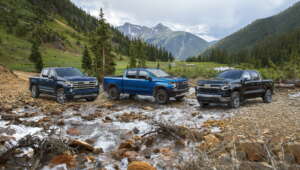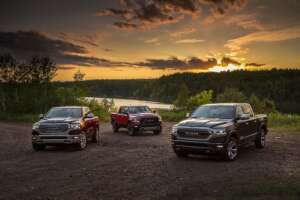- Get as much information as you can about the history of the vehicle — previous owners, mileage, and service records.
- Lock down your budget and secure your financing by shopping around for the best deal.
- Make sure the car fits your needs, in terms of size, efficiency, and performance.
When some people decide to buy a new car, most go immediately to a car lot, although a growing majority choose instead to go online and browse used cars for sale. The age of the Internet has made it easier than ever for buyers and sellers to come into contact, leading to 42.7 million used vehicles sold in 2017.
There are many reasons why you might decide to buy used instead of new. Used cars are typically cheaper and involve less hassle as far as paperwork. Used vehicles are also suited to younger and more inexperienced drivers, making them a common purchase by parents who need a car for their teenaged children. Whatever the reason you decide to buy used, asking these questions is essential to making an informed choice.
12. What do I know about the previous owners?
The way a vehicle is treated, driven, or otherwise maintained plays a big part in its durability. Those factors are often a question mark when it comes to used cars. No matter what the seller promises, you really can’t be sure about how they treated the car they are selling. Did they let their speed-demon teenage son constantly drive it hard? Or was it only used on Sundays, to go to church and the market?
On some levels, you simply have to hope the previous owners are telling you the truth about how well they took car of the car. However, there are some other things you can look at. If you get the chance, have a look at their other vehicles. Are they in good shape too? If they are, then it’s more likely they treat all their automobiles the same way.
If the car you’re thinking of buying has had multiple previous owners, you may need to dig deeper. Consider buying a used car report like a CarFax in order to get more information.
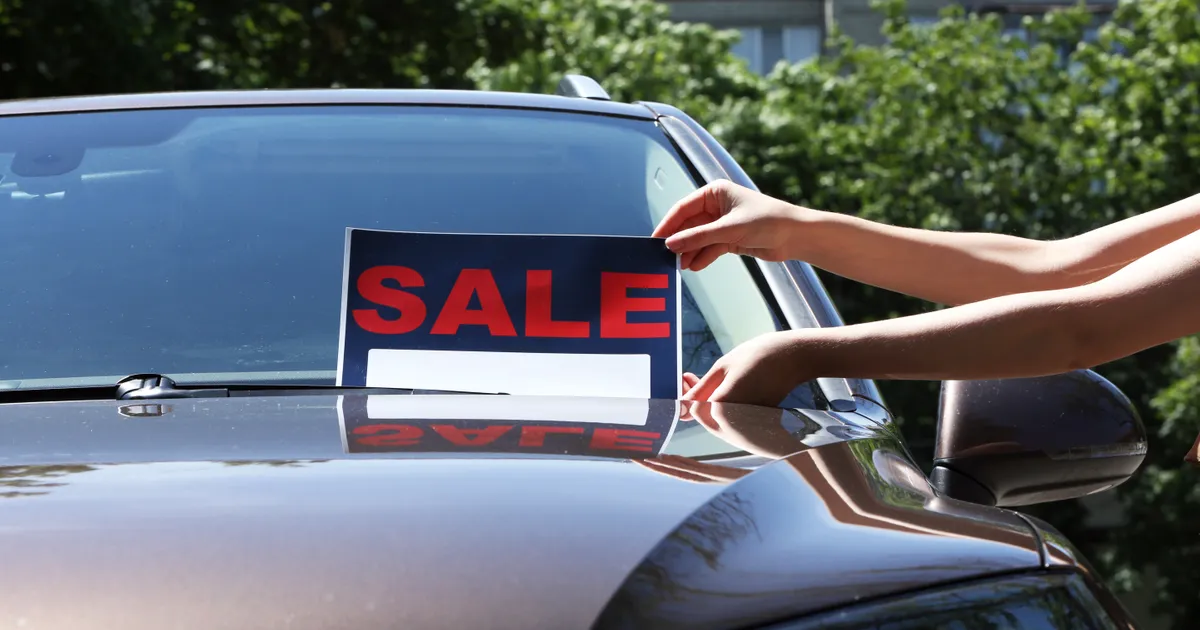 Shutterstock
Shutterstock11. How many miles are on it?
A car has a lot of moving parts. No matter how it’s looked after, those moving parts will eventually wear out, fail, or need replacing. One of the easiest ways to quickly evaluate this factor is to just check mileage. The more miles a car has been driven, the closer it is to needing a major repair.
For example, a set of tires lasts roughly 50,000 or 60,000 miles. Brake pads can last between 30,000 and 60,000, while the rotors may last longer. Transmission fluid should be replaced every 60,000 to 100,000 miles. Other things, like bearings, belts, and even the air conditioning, will eventually wear out over a long enough time.
The lower the mileage on your potential used car, the better. Just remember that the price will go up accordingly. There’s nothing wrong with paying less for a model that has more miles on it. Just be aware that those vital parts are probably closer to the end of their lifespans.
 Shutterstock
Shutterstock10. Are there service records?
Speaking of those replacement parts, maybe the previous owner actually took care of some of those things. At least, they are telling you they did. Can you take their word for it? Hopefully, you encounter an honest seller. However, there’s also nothing wrong with asking for the documentation.
You can (and should) ask for service records for any work done on the vehicle. New brakes last winter? Ask to see the invoice. Always in for regular oil changes? Ask to see the paperwork. All four tires were replaced last summer? Get the receipt in your hands.
If the seller acts like these requests are unreasonable, you may want to walk away. On the other hand, a responsible car owner should have no trouble gathering these for you.
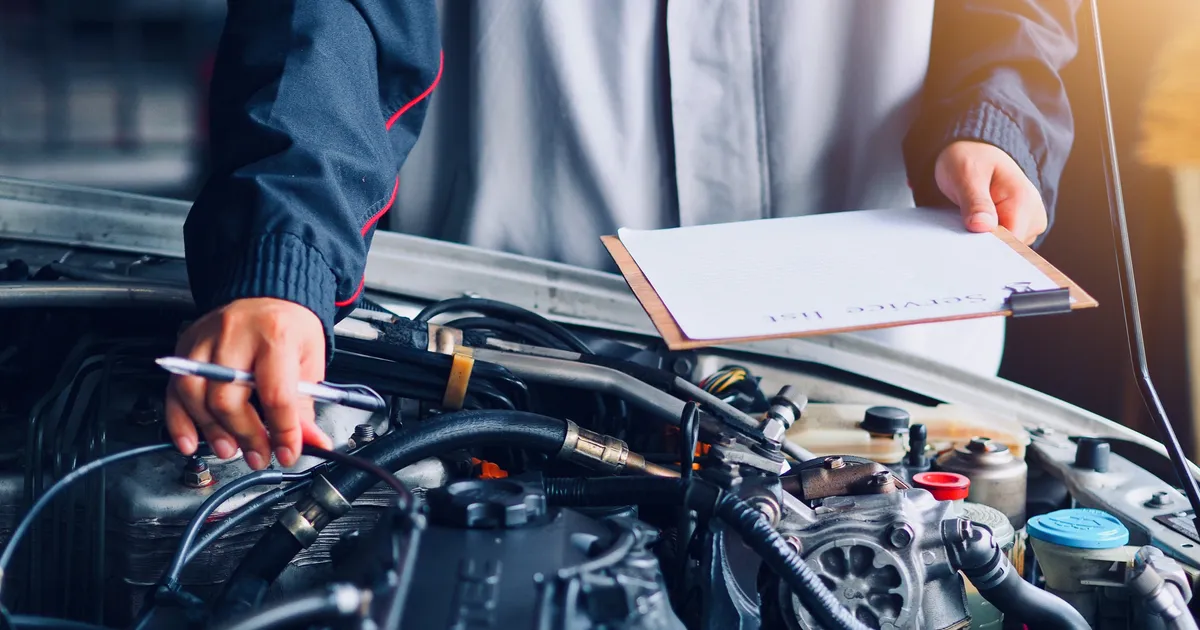 Shutterstock
Shutterstock9. Are there any issues with the vehicle?
You wouldn’t ask if there was anything wrong with a brand new car. However, things are different when it comes to used vehicles. You should definitely ask the seller if there are any nagging problems with the vehicle, big or small. It could be something as simple as a tail light is out or the passenger window doesn’t roll down all the way.
Of course, it could be something more serious too. Maybe the brakes squeal or the transmission stutters when shifting gears. The key to buying a used vehicle is full disclosure. If you know what issues the vehicle might be facing, you can fully evaluate how much you’re willing to pay for it.
If you notice anything that sounds or feels strange when you’re test driving the car, make sure you ask about it.
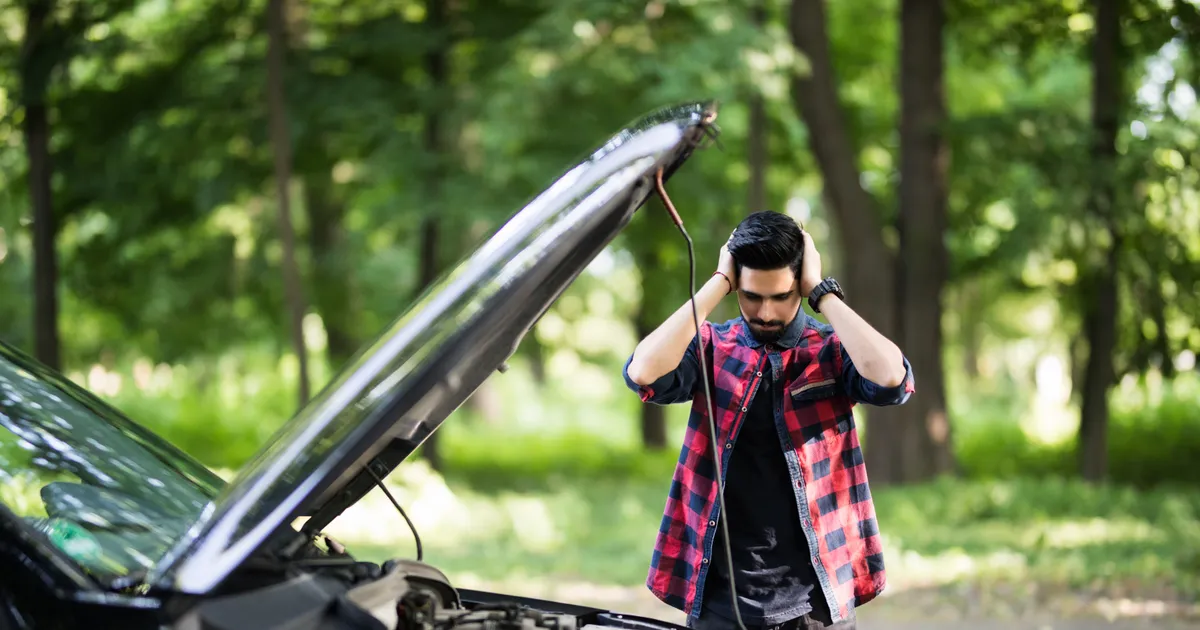 Shutterstock
Shutterstock8. How much am I willing to pay?
This is one of the most crucial questions to ask before you even start looking. Setting a budget will make your search faster and easier as you’ll be able to look for specific price ranges online. It’s important to take other factors beyond the car’s flat price into account as well, including the costs of licensing and insurance.
There’s a little room for haggling in used car sales, so don’t feel discouraged if you see the perfect buy and it’s a little outside your price point. That said, be aware of how much you’re willing to spend and don’t get pulled into a sale beyond your budget.
 Shutterstock
Shutterstock7. How will I pay for this car?
So you’ve established your budget. That’s great. Now you need to money in your hands, though. If you’re shopping at a used car dealership, they may be willing to offer you financing. That’s definitely helpful, but you might actually get a better deal somewhere else. Shop around your local banks and financial institutions. See if they can get you a lower interest rate and a shorter (or longer) term.
If you’re buying a used car via a private sale, you need the whole amount, up front. Unless you’ve been saving your dollars in a jar at home, that usually means taking out a loan. You then pay for the car entirely, and spend the next three-to-eight years making loan payments. It’s always better to do your loan shopping before you do your car shopping. It will help you avoid the mistake of accidently buying more car than you can afford.
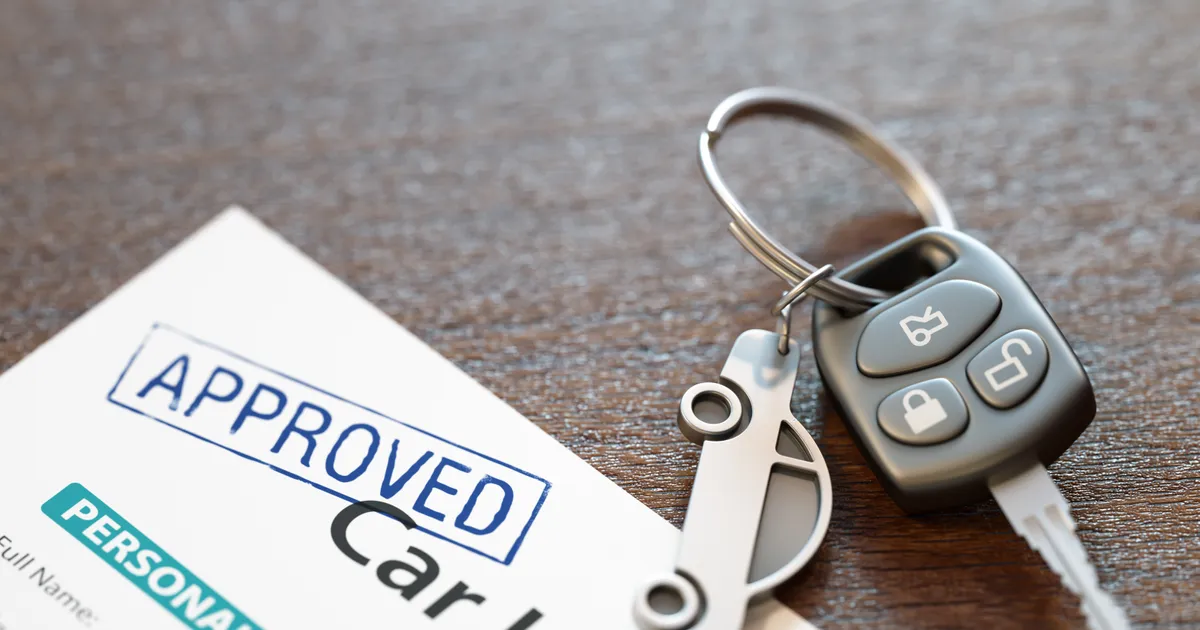 Shutterstock
Shutterstock6. What car size fits my needs?
This is a question that will fundamentally determine what kind of vehicle you’re looking for. If you drive by yourself most often, then you might be suited to a convertible or a small sedan. If you’re used to driving your friends and family around, however, then you’ll be looking for something like a van or a quad cab pickup.
Plenty of people make the mistake of buying a big SUV or pickup truck, just to drive it around the city to work and back. That’s likely a waste. However, you don’t want to be on the other side of that equation, trying to stuff your kids and their sports equipment into a tiny compact car. Be honest about your vehicle needs. Then shop accordingly.
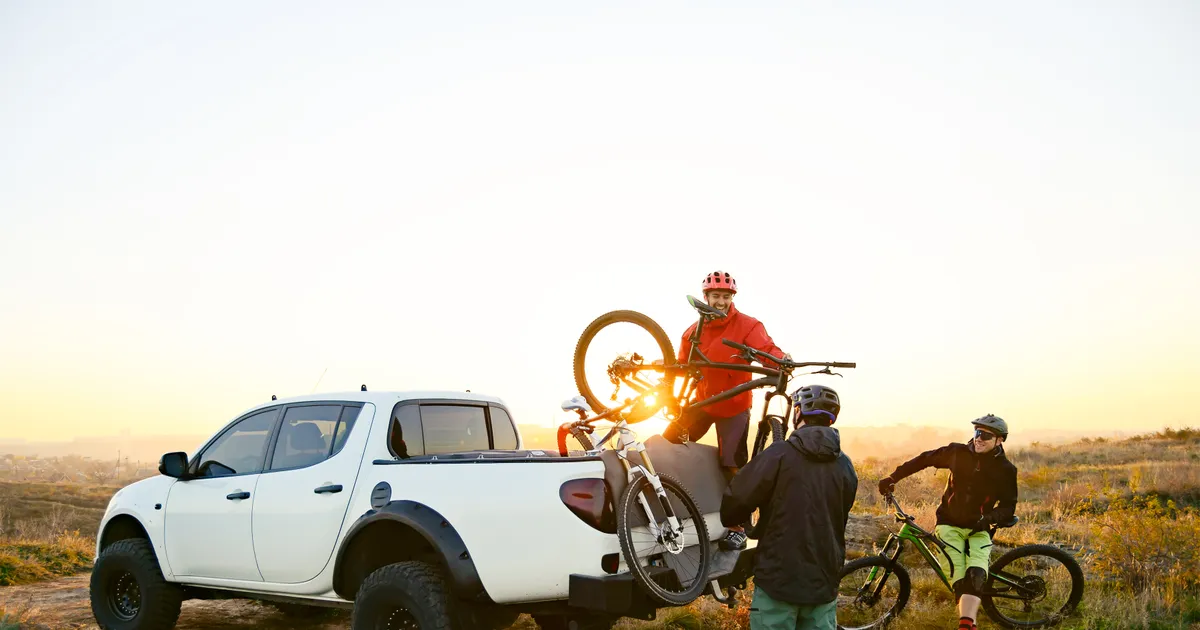 Shutterstock
Shutterstock5. Will I be towing anything?
As a question of utility, this is extremely important. A small vehicle can struggle with something even as light as a fully loaded flatbed trailer while pickup trucks exist on the market that can tow upwards of ten tons. If you’re used to towing people out of mud or being asked to help move, don’t expect that to change. Instead, take it into consideration ahead of time.
On the other hand, don’t buy a rugged, powerful beast of a truck for the rare occasion that you need to tow something. You’d be better off buying a cheaper car for regular driving, and just renting a truck for the one weekend a year you take that borrowed camper into the woods.
 Shutterstock
Shutterstock4. Do I need all-wheel drive?
This is a question that won’t be as important for drivers in high-population urban areas since the roads are usually clear enough to get by with only rear-wheel drive. If you’re living in a rural environment or often find yourself driving through mud and snow, then having all-wheel drive is important to keep your car from getting stuck.
All-wheel drive also becomes a more valuable feature if you live in a place that regular experiences harsh winters. If your roads are likely to be covered in snow and ice between three and five months of the year, you may find that AWD comes in super handy.
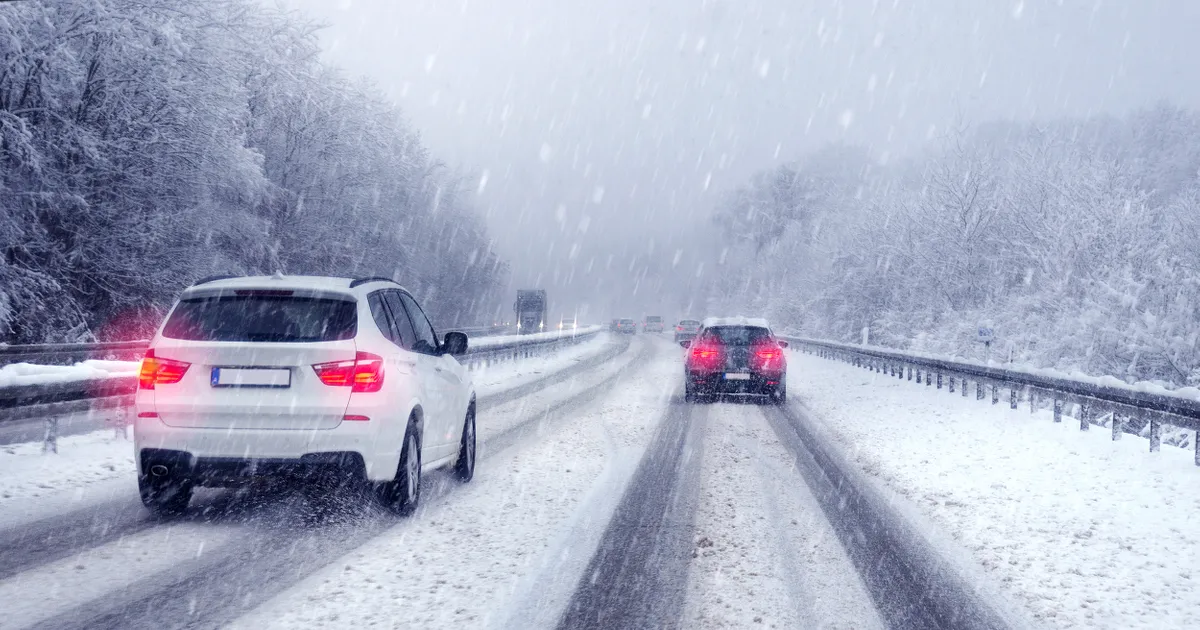 Shutterstock
Shutterstock3. What safety features can I not live without?
In used car sales, it’s common to view vehicles much older than you’d find on a lot. Plus, because safety regulations were much looser before the 1980s saw the advent of standard airbags, some vehicles won’t have the safety standards we’ve become accustomed to. Vehicles released in the 2010s feature equipment like automatic collision detection, which you’ll almost certainly be losing if you buy an older car.
That said, this is a question that really depends on your own personal driving habits. If you don’t drive particularly often or you consider yourself a safe driver, you can pass on safety features that you don’t find necessary.
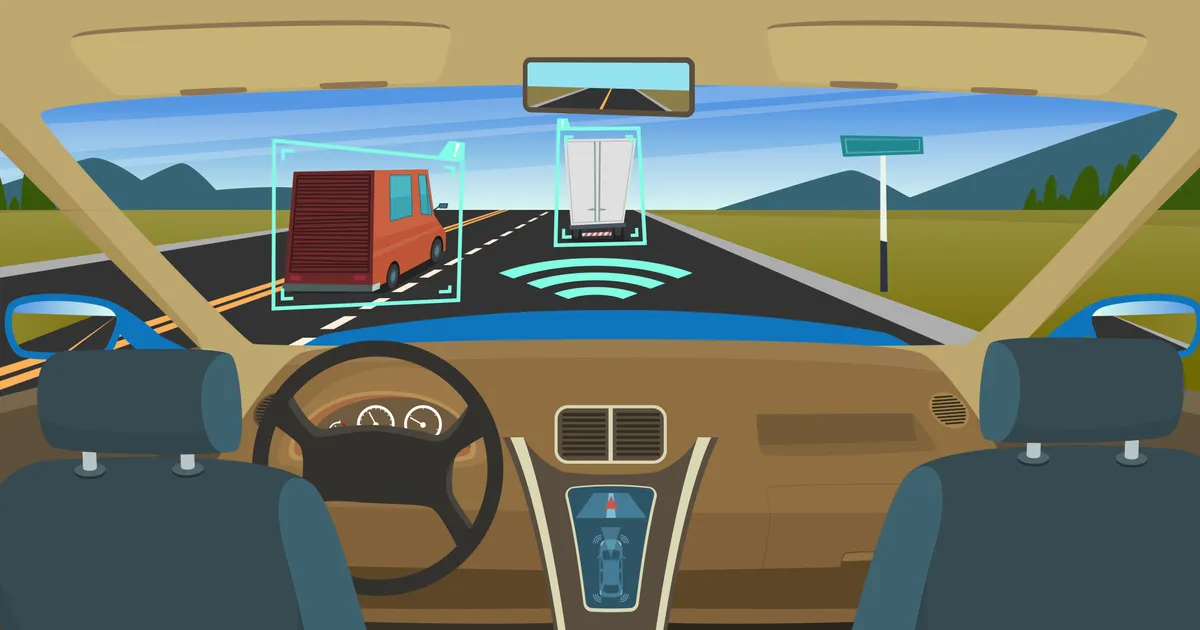 Shutterstock
Shutterstock2. Do I care about fuel efficiency?
This is a point that ties into budgeting. The gasoline used to keep your car running is an additional cost that you will need to take into account for as long as you’re driving it. If you already have a car that you’re intending to replace, a good way to gauge the fuel efficiency you need is to watch your odometer as you go about your weekly activities. After a week, compare the number of miles you’ve driven with the miles per gallon on the cars you’re looking at.
Typically fuel efficiency is relatively similar across makes, but higher mileages or a damaged engine can decrease a vehicle’s efficiency. You can and should order a VIN-based vehicle history report to see if previous maintenance has been performed on the engine that shows possible wear.
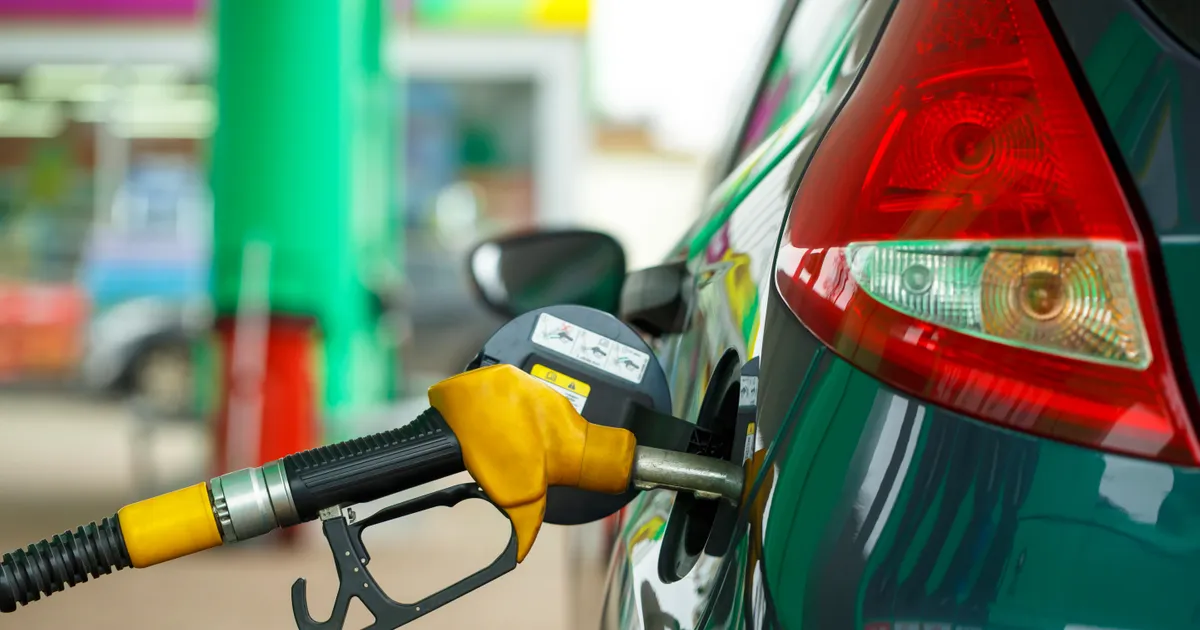 Shutterstock
Shutterstock1. Does this car make me happy?
After you’ve calculated your budget, found a car and talked to the seller, you’ll probably be eager to make the deal. Before you do so, ask yourself this final question.
A used car, like any possession, should make you happy. You’ll likely be driving it for years, so buying a car that you aren’t satisfied with can throw a damper on the whole decade. It’s an important choice.
Your happiness depends on how informed you are when you make that choice. And by asking yourself these seven questions before you make a purchase you can make sure that you’re as informed as possible.
 Shutterstock
Shutterstock
